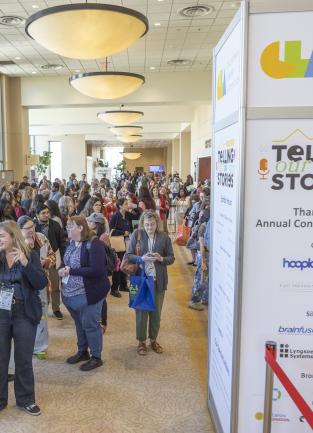Review of The New Jim Crow by Michelle Alexander

Fri, 04/06/2021 - 05:00
The New Jim Crow is here to help you “do the work” of educating yourself on racial discrimination in the United States.
In this 2020 edition of The New Jim Crow published 10 years after the first, author Michelle Alexander (lawyer and civil rights advocate) briefly addresses some of the changes that have developed in the United States over the past decade. She also answers some of her most frequently asked questions. Otherwise, the book has remained relatively unchanged from the first edition.
Alexander provides a legal history of discrimination in America, from slavery to 2010, drawing a narrative from relevant ratified amendments, statements made by politicians and judges, court cases of interest, incarceration statistics, and other data. The author describes how legal discrimination and racial caste were “redesigned” from slavery as it became less socially acceptable over time to be overtly racist. She notes where civil rights activists have fallen short, and provides warnings and questions to keep in mind if you so chose to take up the mantle.
The title might lead you to believe the author is claiming very little has changed since Jim Crow, but Alexander articulates important similarities and differences between slavery, the Jim Crow era, and today’s mass incarceration in the “age of colorblindness.” This is not simply to illustrate the severity of mass incarceration, but to provide an historic context for different strategies and lines of thinking which are used to support or ignore the injustices described.
This book is full of data, which she contextualizes and integrates well into the narrative. I could attribute this to her experience, thorough research, skill as a writer, or to all of the above, but in any case she seems to foresee the likely responses to each claim she makes and responds to them in a way that both addresses what is at the core of the reader’s concerns and also guides them back to ultimate message. This is not, by any means, a complete documentation of discrimination amongst all groups in America. The author encourages readers to seek out other stories. This book focuses primarily on the War on Drugs and how it has changed the way local law enforcement functions and how that affects some communities more than others in devastating ways.
In the preface, Alexander describes the book as being intended for “people who care deeply about racial justice… those who have been struggling to persuade [others] that… the way our criminal justice system operates” resembles “an era we supposedly left behind.” This book ought to be a staple in your collection of justice reads, but let it be a major stop on your road trip to understanding American systems, not the sole destination.











